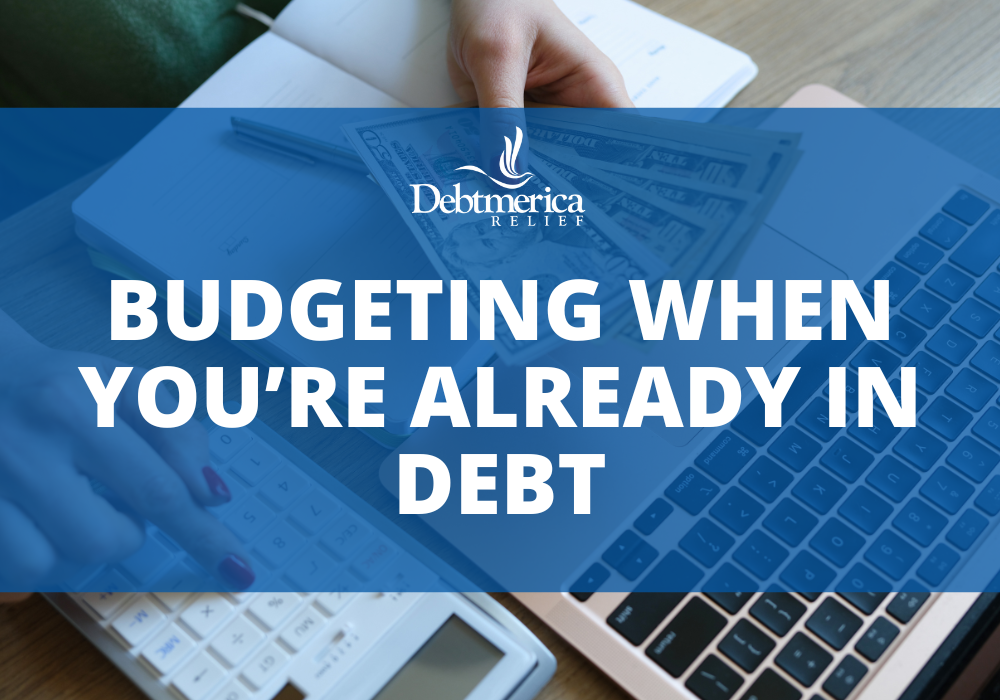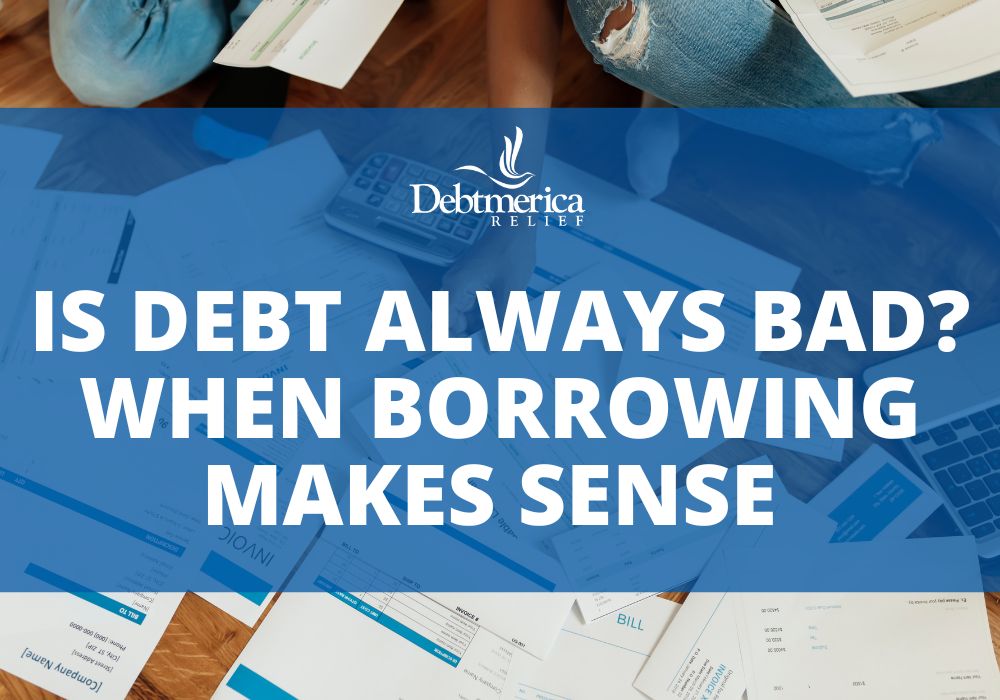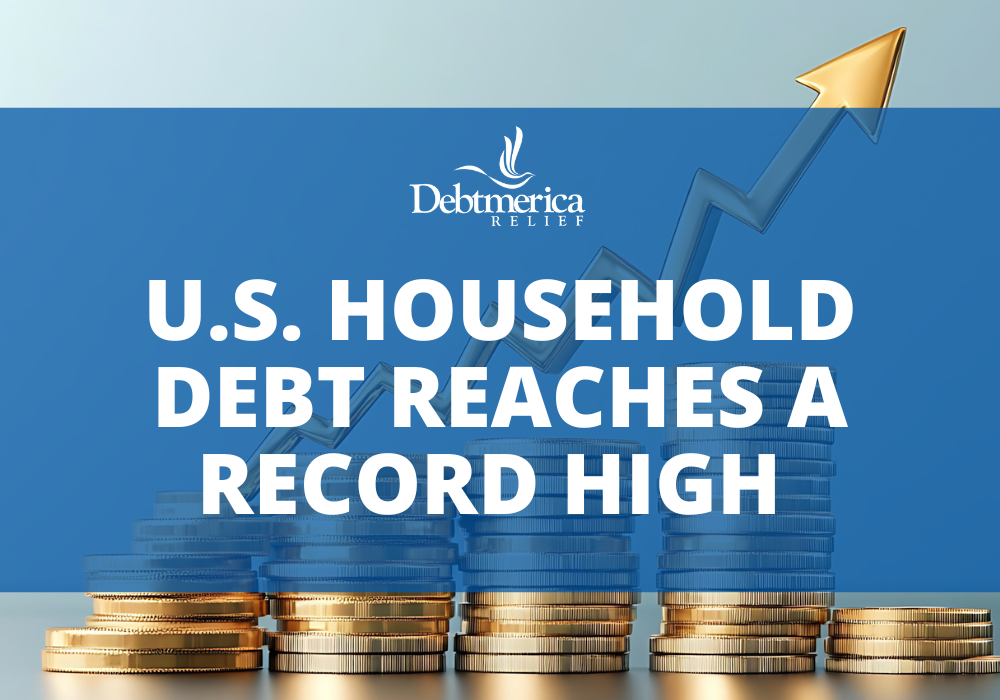Budgeting When You’re Already in Debt

Being in debt can feel overwhelming, like a weight that keeps growing no matter how hard you try to get ahead. The good news is that even if you’re already in debt, creating a solid budget is one of the most powerful tools you have to regain control of your finances. Learning how to budget and pay off debt isn’t just about cutting expenses; it’s about creating a realistic plan to reduce your debt, avoid future financial pitfalls, and work toward long-term financial freedom.
Assess Your Current Financial Situation
Before you can make a plan to pay off debt, you need a clear understanding of where you stand financially. Start by calculating your total debt. List every outstanding balance, including credit cards, personal loans, student loans, and any other debts. Make note of the interest rates and minimum payments for each account, as these details will help you prioritize which debts to tackle first.
Next, track your income and expenses. Include all sources of income, from your salary to side hustles or freelance work. Categorize your spending into fixed expenses (like rent, utilities, and loan payments), variable expenses (groceries, transportation), and discretionary spending (dining out, entertainment). Tracking your expenses allows you to identify areas where you can realistically cut back, freeing up money to put toward debt repayment.
Set Realistic Financial Goals
Once you understand your financial picture, it’s time to set goals. These goals should be both short-term and long-term. Short-term goals could include paying off a specific credit card or reducing monthly discretionary spending by a certain amount. Long-term goals might be becoming completely debt-free within a set period or building a small emergency fund to avoid falling back into debt.
When setting your goals, it’s also important to prioritize your debts strategically. Two popular approaches are:
- Debt Snowball Method: Focus on paying off the smallest debt first to gain momentum and motivation.
- Debt Avalanche Method: Target the debt with the highest interest rate first to save money over time.
Both strategies work, so choose the one that will keep you motivated and consistent.
Create a Debt-Friendly Budget
A debt-friendly budget is a budget designed specifically to help you pay off debt while covering your essential expenses. Begin by allocating your income to your essentials: housing, utilities, groceries, and transportation. Next, ensure you make at least the minimum payments on all debts. Any extra money should be applied to the debt you’ve prioritized for faster repayment.
Reducing unnecessary expenses is a key component of this strategy. Review your discretionary spending and identify what you can realistically cut. This might mean pausing subscription services, limiting dining out, or delaying non-essential purchases. Every dollar you free up can accelerate your debt repayment journey.
Using budgeting tools or apps can also help. These apps can track spending, categorize expenses, and allow you to monitor debt repayment progress in real time.
Strategies to Accelerate Debt Repayment
While sticking to a budget is essential, combining it with smart strategies can help you pay off debt faster.
1. Increase Your Income: Consider side hustles, freelance opportunities, or extra shifts at work. Even a small increase in income can make a noticeable difference when applied directly to your debt.
2. Negotiate with Creditors: Contact your creditors to explore options such as lower interest rates, payment plans, or settlements. Many creditors prefer negotiating over having a debt go unpaid.
3. Avoid Accumulating New Debt: While paying off existing debt, it’s crucial to avoid creating new debt. Use cash or debit instead of credit cards and only make purchases you can afford within your budget.
Monitor and Adjust Your Budget
A budget isn’t a one-and-done solution; it’s a living plan that needs regular review. Check your spending and debt balances at least once a month. Adjust your budget if necessary, especially if you find new areas to cut or if your income changes. Monitoring your progress not only keeps you on track but also helps you celebrate small wins, like paying off a credit card or reaching a savings milestone. These victories reinforce positive financial habits and keep you motivated on the path to being debt-free.
Seek Professional Help if Needed
There’s no shame in seeking professional guidance when managing debt feels overwhelming. Credit counseling agencies can help create a personalized debt management plan, and financial advisors specializing in debt can offer strategies tailored to your situation. If your debt has become unmanageable, seeking professional help early can prevent long-term financial damage.
Learning how to budget and pay off debt while already in debt may seem daunting, but it’s entirely achievable with the right approach. By assessing your financial situation, setting realistic goals, creating a debt-focused budget, and applying strategies to accelerate repayment, you can regain control of your finances. Persistence, realistic expectations, and careful planning are your most powerful tools. Every step forward, no matter how small, brings you closer to financial freedom and a debt-free future. Debtmerica Relief has over 18 years of experience in providing relief to our clients whose financial burdens have become too much to handle.
If you need help with debt, contact us for a free consultation.



